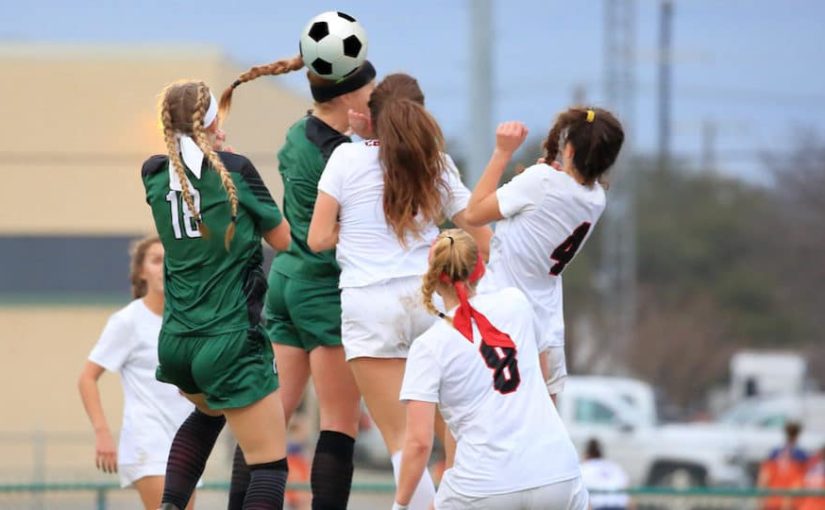“It’s a huge concern,” FAMU President James H. Ammons said. “We have a rich athletic tradition at Florida A&M, but at the end of the day athletics has to be self-sufficient.”
Teresa Hardee, FAMU’s CFO, said she does not believe the athletics department is “wasting money.” She added that she doesn’t know where it can cut expenses, either.
“What they have to do is increase their revenue,” Hardee said.
Florida’s public universities are not allowed to use state dollars to pay for athletics, so FAMU has been “borrowing” from other campus operations such as food service and the bookstore to cover ongoing deficits in athletics, Hardee said.
Horne, hired less than two years ago to take over the athletics department, said the financial problems date to 2004-05, when the university made the move to be a member of the NCAA’s top tier for intercollegiate athletics, Division 1. That required FAMU to spend considerably more on scholarships and travel, Horne said.
Rising tuition also has been a factor, he said, because it pushes up the cost of scholarships. Horne said FAMU’s athletics department spent about $2 million on scholarships this school year, compared to less than $1.3 million six years ago.
If FAMU wants to eliminate any sports, it has to be careful to adhere to federal Title IX regulations mandating equal opportunities for female student-athletes, Ammons noted.
The uncertain fate of the Marching 100 is also an issue for the athletics department, but Horne said he is working with student government to come up with entertainment options when FAMU takes part in high-interest classic events in Atlanta and Orlando.
Mickey Clayton, executive director of Rattler Boosters, the primary fundraising operation for FAMU athletics, said gifts are down about 15 percent from one year ago, when the football team earned a share of the MEAC championship. The boosters, he said, are attempting to diversity fundraising through marketing and sales involving the new scoreboards for football and basketball.
Horne said he has asked the coaches to schedule as many in-state games as possible to reduce travel costs, but Trustee Rufus Montgomery, chair of the Budget and Finance Committee, directed Horne to develop a more in-depth strategy for trimming the department’s deficit. Montgomery asked for reports to the board.
“I’m still unclear why things that happened seven or eight years ago are still affecting us today,” Montgomery said. “At what point do you draw the line and cut that off?”







